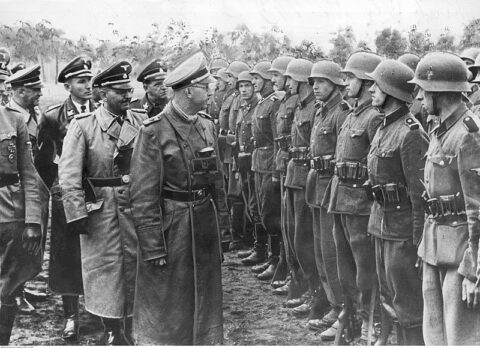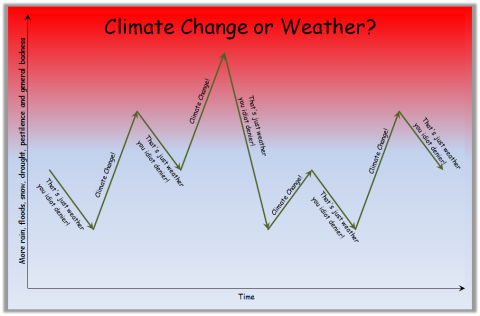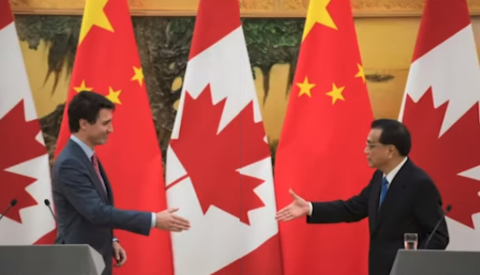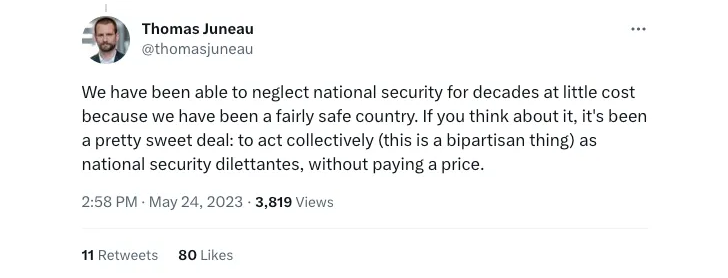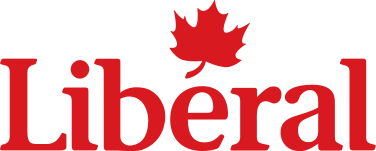If there’s one thing we should have learned about Justin Trudeau, it’s that he’s got world class Teflon coating when it comes to any kind of scandal that would destroy other politicians. Despite the auditor-general’s scathing report, it’s very likely that Trudeau’s remaining popularity won’t take any measurable hit:
It is into this context that we insert Karen Hogan’s Monday report on the government’s ArriveCan app.
Hogan looked into the government’s troubled COVID-19 ArriveCan app and found nothing.
Actually nothing. The auditor’s exact words: “The Canada Border Services Agency’s documentation, financial records, and controls were so poor that we were unable to determine the precise cost of the ArriveCAN application.” That means the accountant whose job it is to tell taxpayers what the government is spending money on, could not complete her task. Why?
Well, she also said, “That paper trail should have existed … Overall, this audit shows a glaring disregard for basic management and contracting practices.” The auditor general could not tell taxpayers what the app cost, who decided who got paid, who did the work and what the money was ultimately spent on.
Mob contracts have more detail than the auditor general was able to piece together for her ArriveCan report. But, then again, mobsters keep two books.
The Canadian Border Services Agency appears to have burned, lost or had several goats eat pertinent records that pertain to Canadian taxpayers spending tens of millions of dollars on a phone app that never worked, kept no one safe, and has mostly come to symbolize an Ottawa where no one really feels accountable to anyone.
As someone who regularly sat down with the civil service to discuss transfer payment agreements a fraction of the size of the almost $60 million — or more, who knows?! — that is speculated to have been spent on ArriveCan, this fails to pass any kind of credibility test. ArriveCan was a priority government initiative in 2020 and 2021. We were trying to get the border back open. The tourism sector was on the brink. The idea that this was a couple rogue CBSA agents who were just funnelling taxpayer dollars to a firm with whom they had connections is a convenient, but drastically incomplete, telling of the story.
Tens of millions of dollars disappearing in a matter of weeks-to-months, and no one in the civil service asked a question? No one in the minister’s office got a briefing on the app’s progress? There isn’t a single PowerPoint deck anywhere in the government? The civil service — especially the federal civil service — issues CYA memos to cover bathroom breaks but no one had any earthly idea what tens of millions of dollars going out the door on a priority government initiative were being spent on?
It is to laugh.



